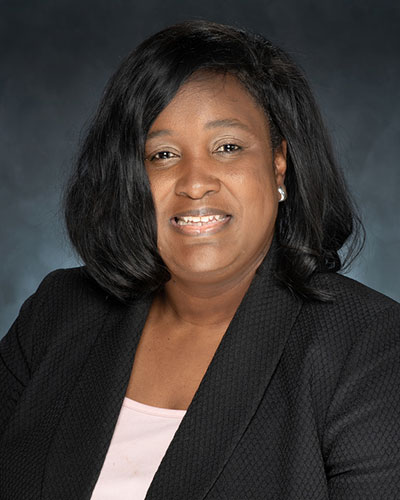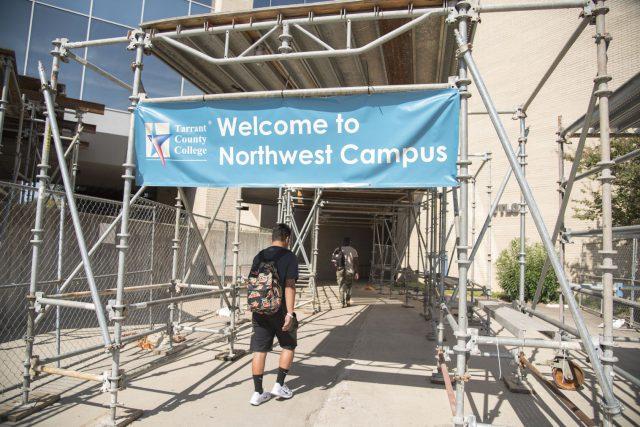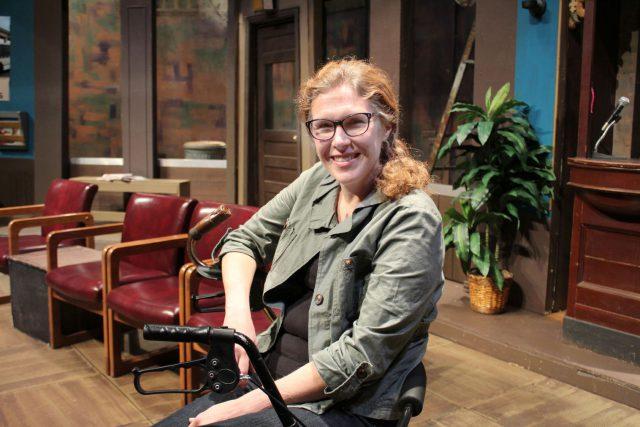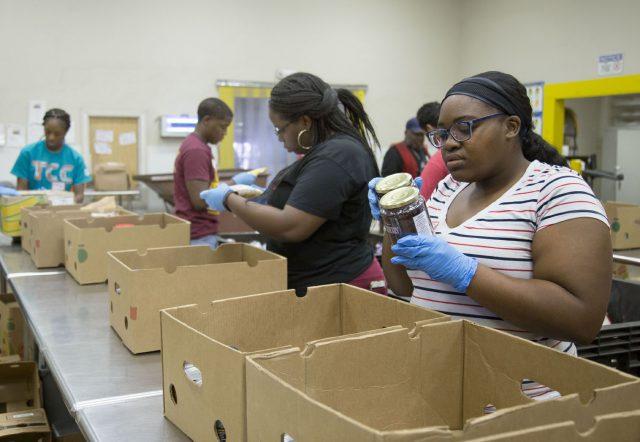By Kathryn Kelman/editor-in-chief
TCC’s board of trustees approved a proposal for three new academic programs and a revised program at their Nov. 14 meeting.
The new programs are an Electrical Line Technician program (Associate of Applied Science degree, Level I and II certificates), a Veterinary Technology program and a Medical Assistant program. The revised program is the Information Technology: Cybersecurity program.
“TCC is proposing these programs to provide more opportunities for students with the needed skills to attain a living wage,” curriculum and instructional assessment district director Marlon Mote said.
The programs fit into the college’s new guided pathways model to ensure “stackability” as well as transfer opportunities with four-year colleges and universities, Mote said.
The three new programs and the revisions to the cybersecurity program are anticipated to start next fall, Mote said.
“However, these programs require approval by the Texas Higher Education [Coordinating] Board (THECB) and our accreditor, the Southern Association of Colleges and Schools Commission on Colleges (SACS),” Mote said.
The cybersecurity program will not need approval from the SACS but will need it from the coordinating board, and the Veterinary Technician program will need to be additionally accredited through the American Veterinary Medical Association and the U.S. Department of Agriculture, he said.
“The revision of the security program is in direct relationship with a districtwide Computer Science/IT Advisory meeting that occurred in April of 2017,” Mote said.
The program needed updating to meet industry needs and give students the best opportunity to find jobs, he said.
“We are adding courses in ethical hacking and intrusion detection as well as a combination of existing courses in the catalog,” Mote said.
Employment of information security analysts is projected to grow 28 percent from 2016 to 2026, which is faster than the average for all occupations, he said.
“These analysts are needed to create innovative solutions to prevent hackers from stealing critical information or causing problems for computer networks,” Mote said.
The cybersecurity program will continue to be offered at all five physical campuses, according to the memoranda presented to the board.
The Medical Assistant program will be offered on TR East and is being added in response to the Bureau of Labor Statistics’ projected employment trends, which predicts an annual job opening of 245, Mote said.
The Electrical Line Technician program will be on South. The addition of the program stems from a direct relationship with community and industry need, Mote said.
“TCCD acknowledged this program need and supports TCC’s ongoing mission of building a comprehensive, qualified and well-educated workforce for the Tarrant County community,” he said.
The Veterinary Technician program will be offered on South’s Crowley Center, and courses will be cross-listed with the already approved Continuing Education Veterinary Assistant program. Local animal hospitals will also be used for clinical space and animal housing, Mote said.
The addition of the program is also in response to the BLS’ projected employment trends, which predicts that the employment of veterinary technologists and technicians is expected to grow by 13.5 percent in the next four years.
If a need for any new equipment comes up, requests for it will be considered in TCC’s next budget cycle, Mote said.
All of the new programs and the revisions to the cybersecurity program will be implemented systematically by the campuses who will hire any additional staff as needed and ensure adequate space and equipment for the programs, he said.
The programs will use existing spaces and equipment with the exception of the Electrical Line Technician program that is in partnership with Oncor who will provide support with instructional material, Mote said.
“The cybersecurity program will utilize the existing space and labs,” he said. “It is also seeking grant funds to equip a new state-of-the-art cybersecurity lab at Trinity River Campus.”
This proposal is a part of TCC’s annual curriculum and instruction process which starts in January and ends in November, Mote said.
“The proposals must go through a vetting and approval process,” he said.
Now that the proposals have been approved, the next step is to make a public statement with a letter of intent to offer new programs, he said.
The programs will then be submitted to the THECB and SACS for approval, which could take up to nine months, Mote said.
All of the programs were researched through market research analysis, high-demand occupations and suggestions by TCC advisory teams that include industry professionals, he said.
“The new programs were chosen carefully and intentionally to provide the best pathways for students to attain the necessary skills for successful employment and continued education,” Mote said.









































